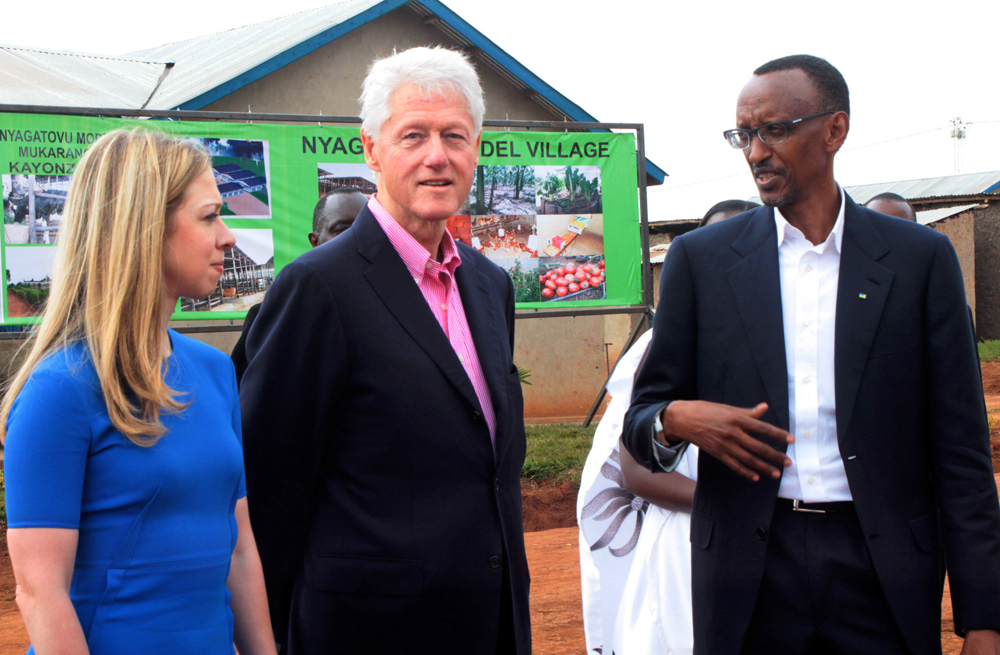
Editor's Note: This piece first appeared as part of New York Times "Room for Debate." Enough Project Co-founder John Prendergast and others—Daniel Bekele of Human Rights Watch, Michael Fairbanks of The Seven Fund, Girma Fantaye, an Ethiopian journalist, and author Deborah Brautigam—address the question: How should the U.S. relate to regimes that, although authoritarian, have moved toward prosperity, like Paul Kagame's in Rwanda?
The United States has multifaceted relationships with countries like China, Turkey and Vietnam. Why should complicated African states like Ethiopia and Rwanda be different? The regimes in Addis Ababa and Kigali have achieved remarkable gains on key development indicators, making life better for millions of their citizens. These gains should continue to be strongly supported by donor governments like the United States. That is incontestable.
The problem emerges, however, with the revelation that these gains are occurring within politically repressive states where independent voices and freedom of assembly are consistently undermined, often within the rhetoric of counter-terrorism and in the context of strong support for U.S. security goals. Furthermore, both governments have crossed borders—at times supported by the U.S.—to take down neighboring governments.
American diplomacy and leverage will be tested in the coming months in both places. The death of prime minister Meles Zenawi after two decades in power could provide an opportunity for the U.S. and other donor nations to engage in more robust advocacy for basic human rights in Ethiopia, even while continuing generous support for sustainable development, service delivery capacity and the rule of law.
Rwanda’s case is much more contentious. In response to the credible allegations of Rwandan support for Congolese rebels, the U.S. and other donor nations have moved swiftly to suspend some forms of governmental budget support, while correctly leaving intact crucial programs directly benefiting the people of Rwanda. As further evidence emerges, targeted sanctions should be aimed at officials and businesses supporting rebel groups that commit mass atrocities and smuggle Congo’s conflict minerals.
U.S. policy needs to walk and chew gum at the same time, promoting sustainable development alongside human rights. If the U.S. approaches this as an either/or equation, the status quo is guaranteed.
Read the opinions of other debaters on how the U.S. should relate to Kagame.
Photo: Former U.S. President Bill Clinton and his daugter Chelsea Clinton meet with President Paul Kagame in Rwanda during a July 2012 trip to Africa. (Associate Press/Cyril Ndegeya)

